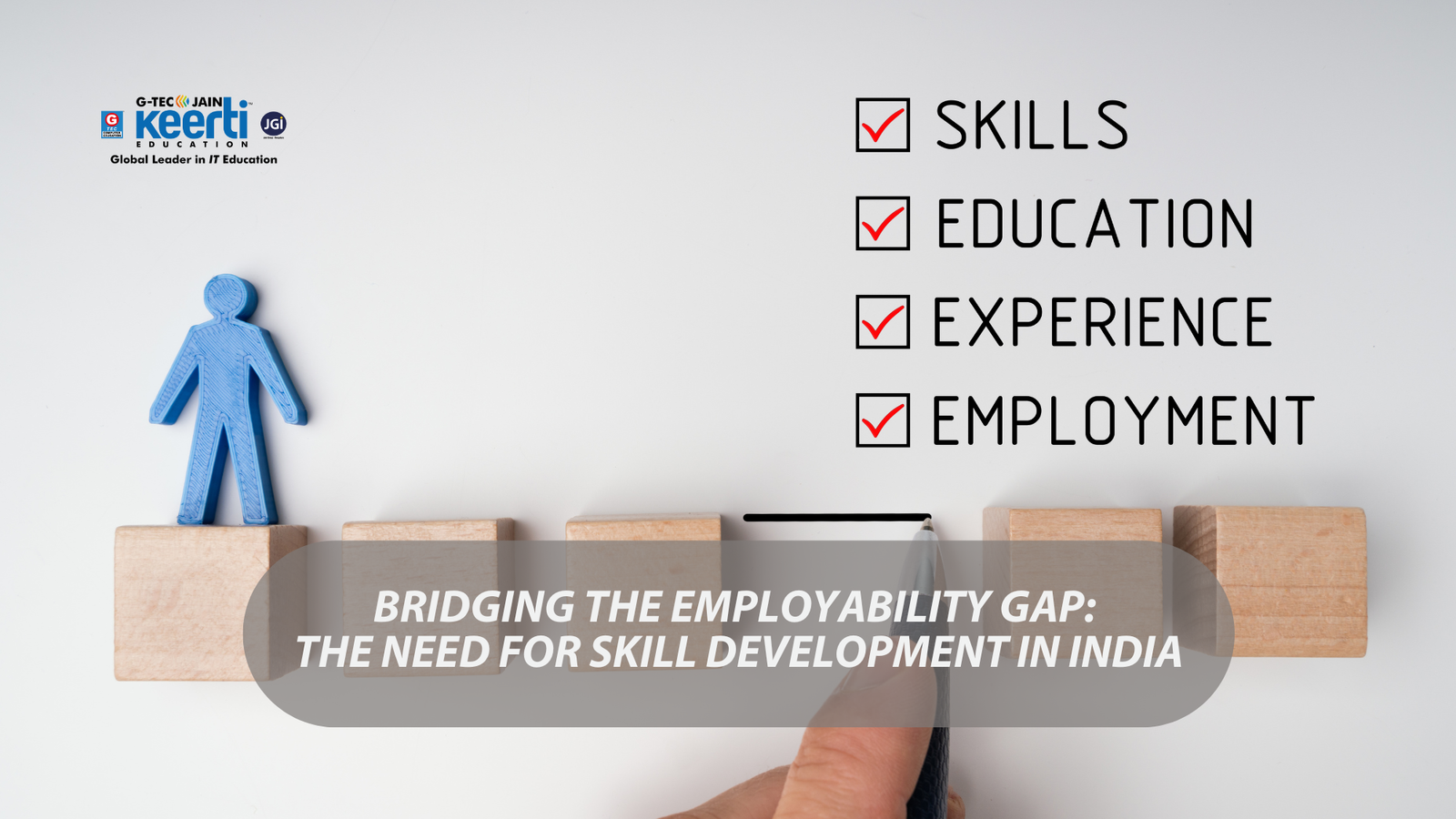In recent years, the employability of Indian graduates has been a critical concern among educators, policymakers, and industry leaders. A recent report by Mercer Mettl, titled “India’s Graduate Skill Index 2025,” reveals that only 42.6% of Indian graduates were deemed employable in 2024, marking a decline from 44.3% in 2023. This alarming trend highlights the growing gap between academic education and industry requirements.
Key Findings from the Report
- Decline in Non-Technical Employability: Employability for non-technical roles has dropped from 48.3% in 2023 to 43.5% in 2024, underscoring the need for stronger soft skills and practical exposure.
- Regional Disparities: Delhi leads with the highest employability rate at 53.4%, followed by Himachal Pradesh and Punjab at 51.1%.
- Tier-Wise Differences: Graduates from Tier 1 institutions exhibit higher employability in both technical and non-technical domains, while those from Tier 2 and Tier 3 institutions show comparable proficiency, proving that talent exists across diverse educational backgrounds.
The Industry Perspective
The job market is rapidly evolving with AI, data analytics, and automation becoming integral to various industries. Employers are seeking candidates who possess both technical expertise and soft skills such as critical thinking, communication, and adaptability.
Siddhartha Gupta, President of Mercer India, emphasizes the necessity for graduates to develop a mindset of continuous learning to remain competitive in this dynamic landscape.
Enhancing Employability
To bridge this gap, a collective effort is needed from educational institutions, industry stakeholders, and graduates themselves.
For Educational Institutions:
- Revise curricula to incorporate real-world skills and industry-driven training.
- Encourage project-based learning and internships for practical exposure.
For Industry Stakeholders:
- Strengthen academia-industry partnerships to provide students with hands-on training.
- Offer mentorship programs and upskilling opportunities to groom talent.
For Graduates:
- Focus on continuous learning and skill enhancement beyond traditional education.
- Invest time in developing soft skills, digital literacy, and industry-specific expertise.
Opportunities for Graduates in Mumbai
For students and professionals looking to improve their employability, Keerti Education offers industry-relevant courses tailored to meet modern workforce demands. Here are some specialized programs:
- Advanced Digital Marketing Course – Learn the latest digital marketing trends and tools.
- Data Analysis & Visualization Course – Master Power BI and Tableau for data-driven decision-making.
- Web Designing & Development Course – Gain expertise in website creation and management.
- Data Science with AI & ML – Understand machine learning, artificial intelligence, and data science.
- Financial Accounting & Taxation Course – Build skills in finance, accounting, and taxation.
- Full Stack Java Developer Course – Get trained in Java development for software applications.
- 3D Motion Graphic Designing Course – Learn the art of animation and visual storytelling.
- Certificate Course in MS Office Tools – Enhance proficiency in essential Microsoft Office applications.
By enrolling in these courses, graduates can equip themselves with the necessary skills to thrive in the competitive job market.
Conclusion
India’s employability crisis requires a proactive approach. By focusing on skill development, industry collaboration, and lifelong learning, we can ensure that graduates are well-prepared to meet the demands of the modern workforce. Institutions, industries, and individuals must work together to create a future-ready workforce that contributes to India’s growing economy.
